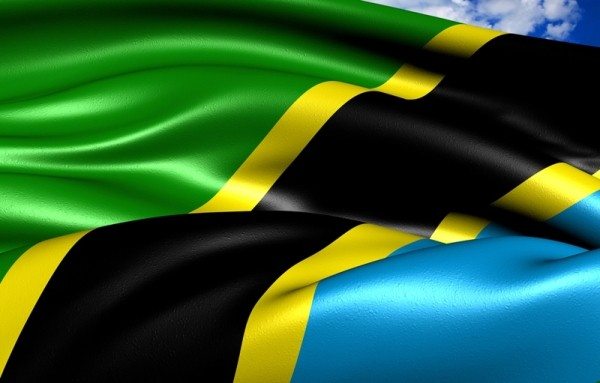Author: DEUS NGOWI
AfricaPress-Tanzania: A NEW Centre for Strategic Philanthropy at the University of Cambridge has picked Tanzania to examine and work to enhance the impact of strategic philanthropy.
The Centre that is established at University of Cambridge Business School decided to pick Tanzania, which is among some of the world’s fastest-growing regions.
At a time when philanthropy’s role in building social and environmental resilience is seen as increasingly essential, through a combination of rigorous research, executive education and the convening of diverse stakeholders, the Centre aims to become the leading hub of actionable knowledge to catalyze even greater philanthropic impact from Tanzania.
A statement made available to the ‘africa-press’ by IC Publications had it that the service will be extended to the world’s fastest growing regions as the Centre works with relevant institutions and practitioners in the regions in order to encourage collaboration and the sharing of knowledge and insights.
The Founding Patron of the Centre for Strategic Philanthropy, Mr Badr Jafar said “Today, well over a trillion dollars of private philanthropic capital, more than triple the annual global development and humanitarian aid budgets combined, is deployed every single year.
“The evidence is also overwhelming that Tanzania and the world’s other emerging economies are becoming an increasingly powerful source of philanthropic capital and social innovation.
With the impending generational transition taking place around the world, it is crucial to properly understand the diverse approaches to philanthropy that exist in these markets, and the local and regional factors that have shaped them.”
The Centre is being launched in the midst of a fourth wave of globalization that is resulting in reallocation of economic power southward and eastward.
In 2019, the top 30 fastest growing economies in the world were all in emerging markets.
It is estimated that many trillions of dollars will be passed on from one generation to the next in the regions over the next 10 years, with close to $2trn wealth transfer by 2030 within Asia alone.
“Tanzania already has a proud tradition of giving, and there are around 8,000 NGOs and foundations in the country.
And the historic period of new wealth creation and intergenerational wealth transfer is expected to lead to a significant increase in philanthropic activity, both within and from Tanzania and other fast-growing economies,” he said.
Mr Jafar noted that transparency, technology and evolving attitudes toward wealth are reshaping donors’ approaches to giving worldwide, adding that they would likely fail to address the myriad of challenges on the global agenda over the next decade without making a much greater effort to connect, exchange ideas and partner with strategic philanthropists from Tanzania and the world’s fastest growing regions.
The Vice-Chancellor of the University of Cambridge, Professor Stephen Toope unveiled that the planet faces growing challenges, such as climate change, threats to water and food supplies, threats to ecology and biodiversity – growing political division, war and infectious diseases.
The Director of the Cambridge Judge Business School, Professor Christoph Loch observed that through work of the Centre, they will be examining how to capture this diversity while also engaging with philanthropists from the target regions to support them in maximizing their impact.
Activities of the Centre span key areas that are rigorous research on historical trends and the output of philanthropic investments; executive education to current and aspiring philanthropists and practitioners, with a focus on the importance of local social, economic and cultural dynamics.
The Centre will regularly convene academics, philanthropists, civil society, business and government leaders to discuss optimal models and practices in philanthropy.
It will also convene an annual philanthropy summit to showcase new approaches in philanthropy and host international policy roundtables in cities across high-growth markets.







